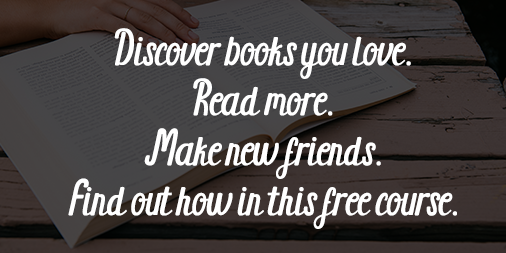I am reviewing this book today because it is Blog Action Day 2010, the issue this year is water, and water is a theme in the story. Please check out the Blog Action Day website and/or my post on this second’s obsession for more information.

Girl Meets Boy is part of The Myths series, a retelling of the myth of Iphis, from Ovid’s Metamophoses. Iphis is a girl brought up, secretly, as a boy. She falls in love with another girl, Ianthe, and when she and her mother pray to Isis for help, she is transformed into a man. Iphis marries Ianthe, and they live happily ever after. I am completely obsessed with retellings of myths, legends and fairytales, so for me this book was an absolute must read.
There are two first-person narrators in Girl Meets Boy, sisters Anthea and Imogen (or Midge), who take the helm for alternate chapters. The first to be introduced is Anthea, remembering her grandparents, particularly her grandfather, who liked to tell them stories about when he was a girl. In the present day, Anthea is struggling to find her place in the world. Imogen has gotten her a job at the company she works for, Pure, but Anthea hates it. Anthea is an essentially unconventional person, drawn to the weird and wonderful, whereas Imogen is concerned with appearances and fitting in, excited by Pure’s bottled-water ambitions. Anthea is just about managing to pretend to be normal – in front of her colleagues, anyway – until she makes a faux-pas at a meeting, and on her way out of the Pure premises, meets beautiful graffiti-protester Robin.
Girl Meets Boy is primarily a love story. It’s about people falling in romantic love with other people, people falling in love with life and all it’s possibilities, and familial love. It’s a very short book, so there isn’t time for it to get overly slushy – in fact, I had mixed feelings about the length. On the one hand, I wanted more from some of the novel’s elements. I wanted to know more about the grandparents – it seemed like their stories could fill a book or two alone. The initial meetings of the lovers are brushed past quite quickly, and it was a bit annoying, I actually wanted to read what happened immediately after Anthea set eyes upon Robin by the Pure sign. On the other hand, the poetic style of this writing probably works best when applied to a snapshot of lives, it could seem stilted after too long, and the very obvious messages presented in the book didn’t need any more hammering home! To be honest, I always find it difficult to criticise very short books – they’re quick to finish, and easy to read and re-read. Girl Meets Boy is a lovely read for an afternoon, and I will probably read it again.
I loved the characterisation in Girl Meets Boy, from the grandparents, to similar-but-different Anthea and Imogen, Robin, Paul, and the supporting cast of morally awful Pure employees and happy-to-comment passers-by. It all seemed true to life. I find it really interesting when retellings manage to do away with divine intervention, replace it with realism, but still keep the magic in the story, and Girl Meets Boy definitely achieves this.



Leave a Reply
You must be logged in to post a comment.